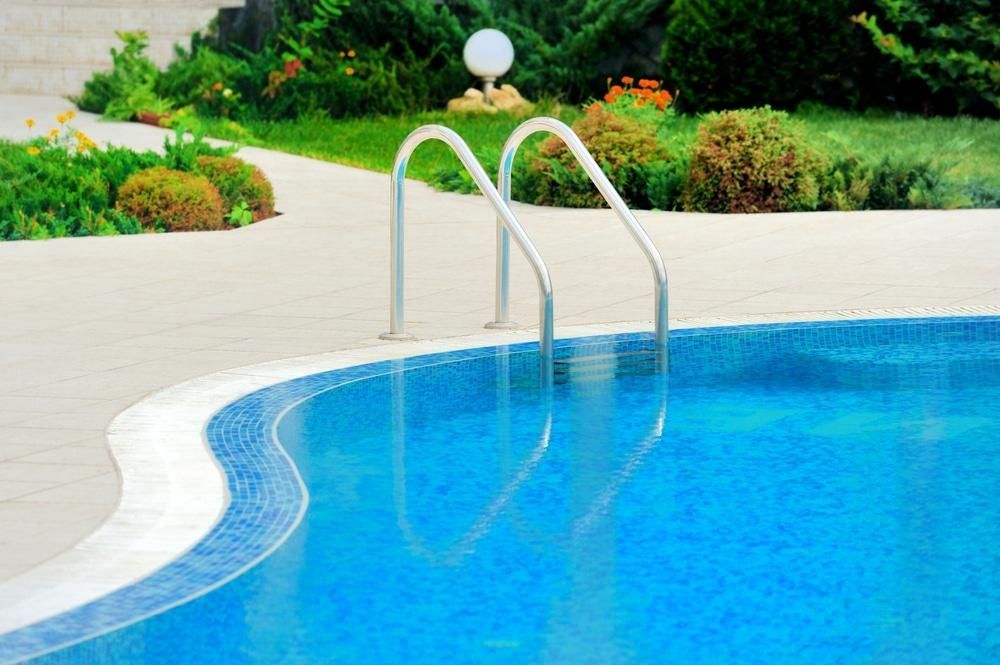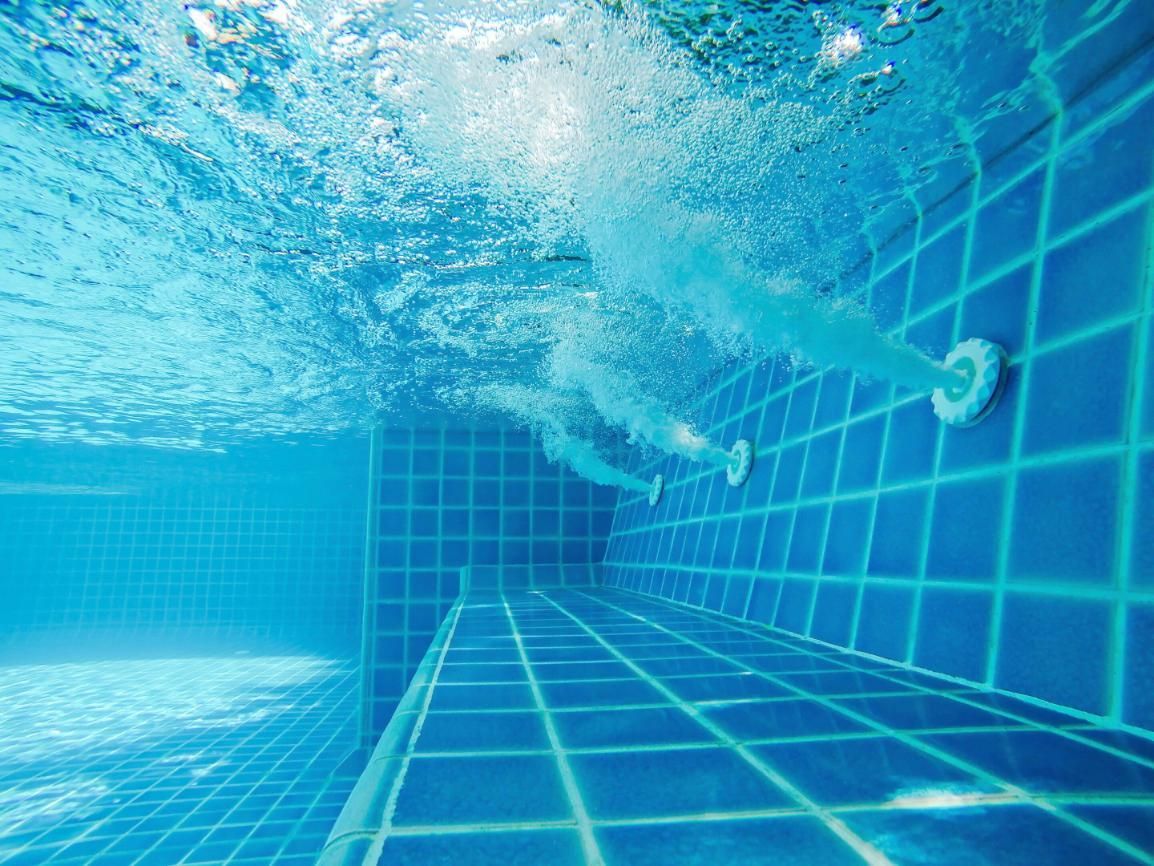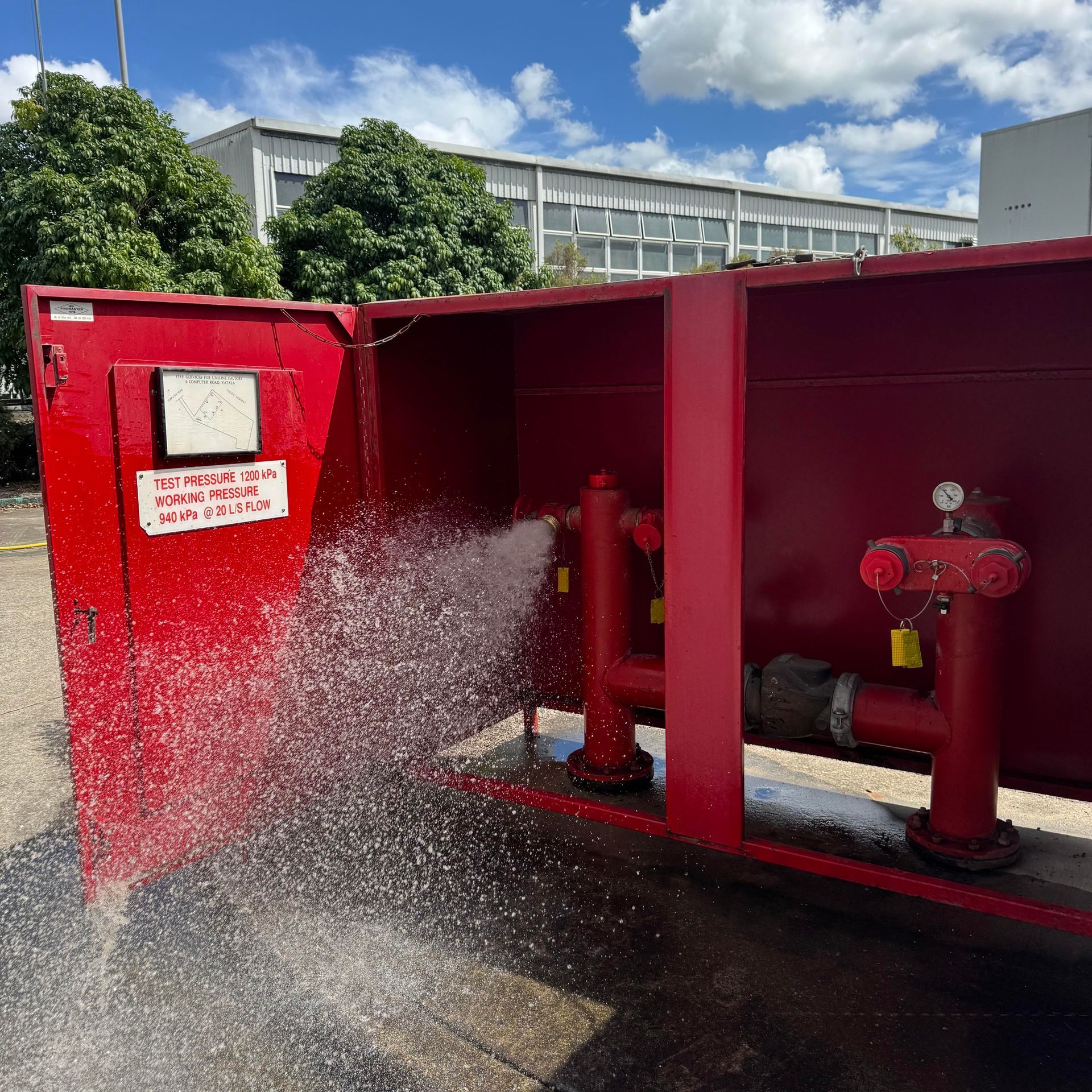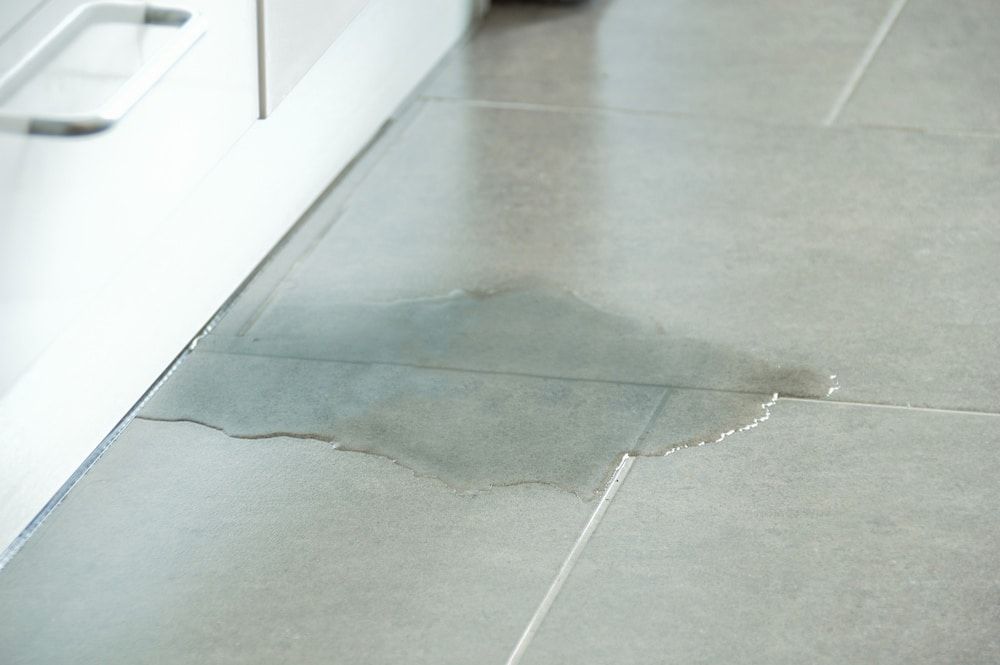Your Top Questions About Pool Leak Detection Answered
Your Top Questions About Pool Leak Detection Answered
It’s a bright, sunny day on the Gold Coast and your pool is glistening invitingly in the sunlight. You’re all set to dive in when you notice a patch of ground near the pool that’s inexplicably soggy. It wasn’t raining recently, so why the wetness? Could it be a pool leak?
This comprehensive guide will arm you with everything you need to know about pool leaks – their dangers, detection signs, how professionals tackle them, the possibility of DIY detection and the steps that follow leak detection. Let’s dive in!
The Silent Culprit: Understanding the Dangers of Unattended Pool Leaks
Ignoring pool leaks is much like disregarding a slow leak in a boat – it’s a disaster waiting to happen. Pool leaks can lead to:
- Structural Damage: Leaking water can undermine the pool structure, leading to cracks or a collapse in severe cases.
- Soil Erosion: Water leaks can wash away the soil supporting the pool and surrounding areas, causing instability.
- Wasted Resources: Apart from the water loss, a leaky pool will also increase your water and energy bills.
The Signs Your Pool Has a Leak
Recognising the signs of a pool leak early is key. Some common indicators include:
- Unusual Water Loss: If your pool is losing water faster than normal evaporation rates (especially in non-summer months), you might have a leak.
- Cracks in the Pool: Visible cracks or gaps in the pool walls or floor can indicate a leak.
- Soggy Ground: Wet or muddy spots around the pool could be a tell-tale sign of a leak.
- Discoloured water: If you’re struggling to maintain the clarity of your pool, you could have a leak on your hands.
How Do They Do It? Techniques Employed by Leak Detection Specialists
Specialists can employ a combination of traditional know-how and modern technology to accurately locate and address your pool leak. Here’s a peek into some of the prevalent methods that might be used:
- Pressure Testing: This involves isolating sections of the pool plumbing and pressurising them to pool leaks.
- Dye Testing: Specialists use a special dye to trace the path of escaping water.
- Electronic Leak Detection: High-tech devices are used to scan the pool area, pinpointing leak sources with precision.
Can I DIY Pool Leak Detection? Weighing Up the Pros and Cons
While DIY methods like the bucket test can give you an idea of a potential leak, they are not foolproof. Professionals offer the advantage of:
- Accurate Detection: They use specialised equipment to find leaks with precision.
- Comprehensive Services: From detection to repair, professionals handle the entire process.
- Saves Time and Effort: Instead of fumbling through the process, rely on experts who can detect and fix leaks efficiently.
What Happens Next? The Path from Leak Detection to Pool Repair
Once a leak is detected, our experts can devise a comprehensive plan to repair the leak while minimising disruption. This may involve patching minor leaks, replacing pipes, or in rare cases, a complete pool renovation.
At Gold Coast Leak Detection, addressing your pool leaks is more than just our job – it’s our commitment to preserving the joy your pool brings to your home. We understand the unique challenges faced by homeowners in our area, and we’ve got the local know-how to solve them effectively.
Don’t let pesky leaks ruin your day. Protect your property and your peace of mind. If you suspect a leak, we’re here to help. Contact us via our contact page or give us a call to book a consultation.
Get A Quote
For more advice on drain unclogging, blocked drains and more get in touch with us for a fixed price quote. Servicing Gold Coast and surrounding areas with $0 call out fee.










